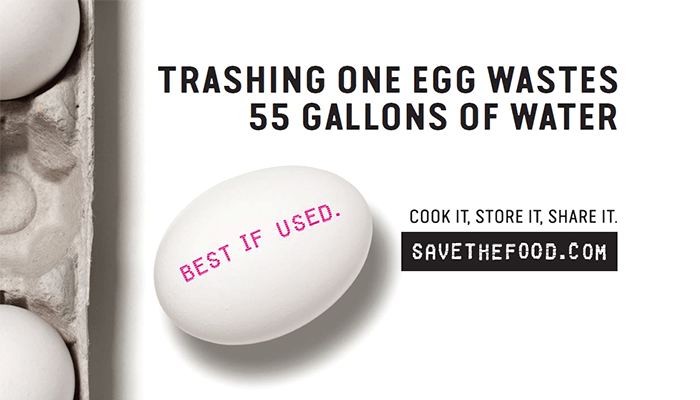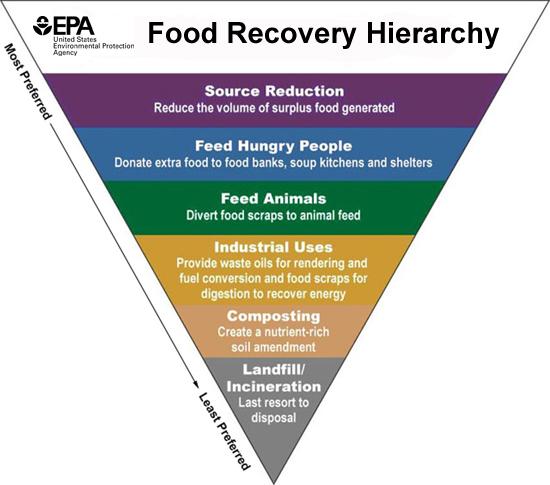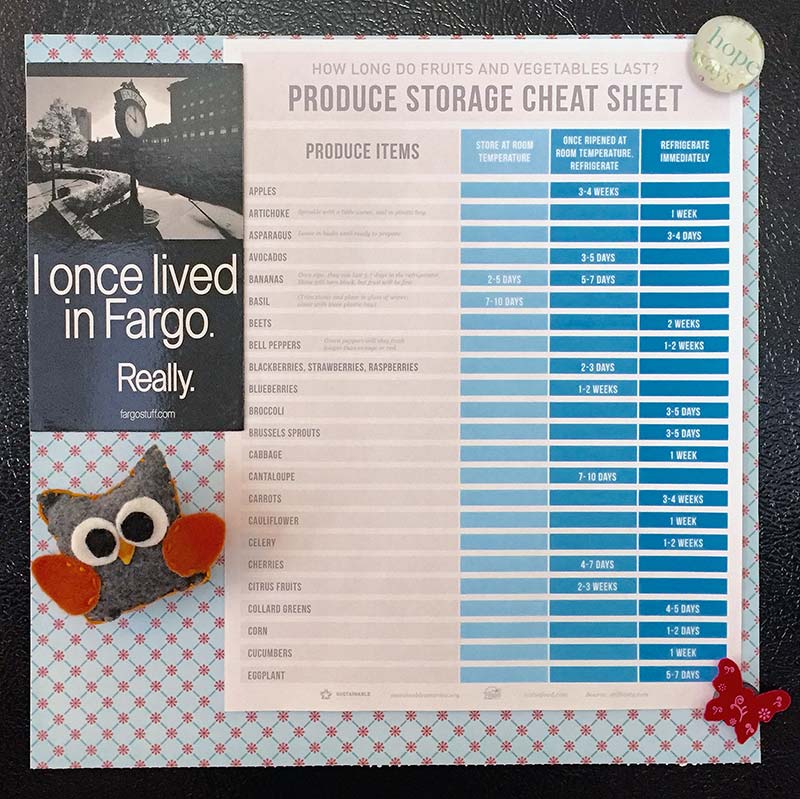
In 2004 a University of Arizona study reported that “40 to 50 percent of all food ready for harvest never gets eaten.” More recently (2013) the United Nations studied the consequences of global food waste and found that approximately 1.3 billion tons of food, which is over a third of the food that is produced for us to eat, is wasted every year. These are staggering statistics especially when Sustainable America reports that “nearly one in six Americans is food insecure, and that 25 percent of all fresh water and 300 million barrels of oil are used to produce the food that is wasted each year.”
To read the United Nations study, visit http://www.fao.org/docrep/018/i3347e/i3347e.pdf.
These statistics are disturbing but they can be improved. Here are some organizations raising awareness about food waste while trying to make a difference in how food is viewed:
ReFED
ReFED was formed by a collaboration of over 30 businesses, nonprofits, foundations and government leaders.
The ReFED initiative “seeks to unlock new philanthropic and investment capital, along with technology, business, and policy innovation, which is projected to catalyze tens of thousands of new jobs, recover billions of meals annually for the hungry, and reduce national water use and greenhouse gas emissions.” The collaboration was formed in 2015 to create a comprehensive plan to reduce the food wasted in our country. The resulting study and action plan was dubbed the Roadmap to Reduce U.S. Food Waste.
To find out more information about ReFED, visit https://refed.com/.
Food Recovery Challenge
Food Recovery Challenge is organized by the Environmental Protection Agency (EPA).

The challenge prioritizes prevention first, then recovery and finally recycling as a starting point for reducing food waste. The EPA targets universities, business and other community organizations and challenges them to make their food management systems more sustainable. The EPA then takes the amount of food that they have saved and translates that data into the amount of greenhouse gas emissions that they have reduced. This valuable information helps these organizations share what they’ve done and encourage others to get involved with the program.
To find out more information about the Food Recovery Challenge, visit https://www.epa.gov/sustainable-management-food/food-recovery-challenge-frc.
I Value Food
I Value Food is organized by Sustainable America.
I Value Food is probably one of my favorite campaigns for its website full of creative tools, doable tips and useful articles like “10 Ways to Use Extra Garden Vegetables” and “Recipes for Leftovers.” The site gives practical advice to help all of us be part of the food waste solution, for example, did you know that eggs are actually safe to eat three to five weeks beyond the date on the carton? Or that “Best Before,” “Sell By, “Use By” and other labels are not regulated by the federal government and mean different things in different states or to different manufacturers?
To find out more about the I Value Food campaign, visit http://ivaluefood.com/.
Save the Food
Save the Food is organized by the National Resources Defense Council and the Ad Council.
Save the Food is a national public service ad launched by the Natural Resources Defence Council (NRDC) and the Ad Council to raise awareness about the impacts of food waste. Since consumers waste more food than grocery stores, restaurants or farms, this initiative is geared towards giving consumers easy ways to reduce their food waste while also reminding us that when we reduce food waste we save water, energy and money. For example, an average family of four loses $1500 a year on wasted food.
Some quick tips from Save the Food to keep food better, longer:
- Keep herbs like cut flowers – with their stems in a glass of water.
- Place ripe avocados in the fridge, they’ll last longer.
- Keep flour fresher almost twice as long by freezing it.
- Wrap leftover cheese loosely in wax paper, not plastic.
- Use a slice of bread to soften up hardened brown sugar.
To find out more about the Save the Food campaign, visit http://savethefood.com/.
Zero Hunger Challenge
Zero Hunger Challenge is organized by the United Nations.
The Zero Hunger Challenge aims to “end hunger, eliminate all forms of malnutrition, and build inclusive and sustainable food systems” by “Transforming our Food Systems to Transform our World.” The Zero Hunger Challenge blog has wonderful articles and some great tips on reducing food waste. Find the blog at http://blog.zerohungerchallenge.org/.
To find out more about the Zero Hunger Challenge, visit http://www.un.org/en/zerohunger.
Get Started Now
Here are some simple ways that we can all start to reduce our own food waste right now. The first is to carefully plan food purchases. Make a weekly menu and then make an appropriate grocery list. The second is to be aware of what is already in the refrigerator, pantry and freezer. Make sure to use the food you have before it goes bad. Lastly, if you have produce that is on the verge of going bad, see if it can be frozen and eaten later.
